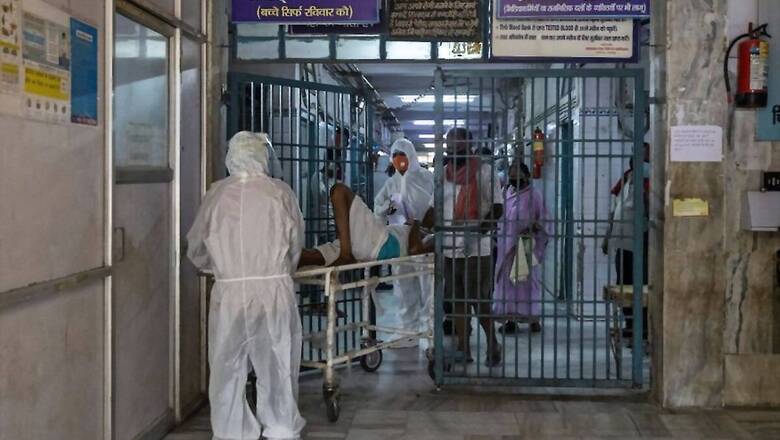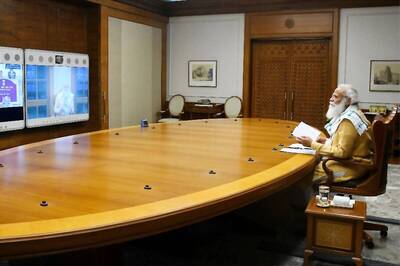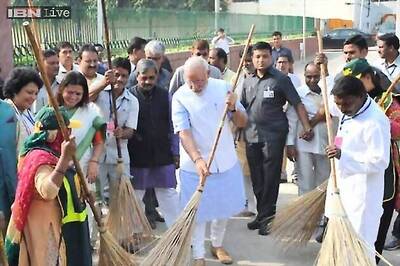
views
The government has taken several measures to reduce the country's dependence on import of medical devices and for the development of domestic capacity in the sector, Minister of Chemicals and Fertilisers D V Sadananda Gowda said on Thursday.
The medical devices sector has a crucial role to play in improving accessibility and affordability of healthcare especially with respect to availability of precision devices for screening and diagnosis, advanced surgical equipment needed for treatment, and devices for monitoring of health indicators, among others, he added.
However, India is heavily dependent on imports in case of finished medical devices as well as for critical medical device components, Gowda said while addressing the inaugural session of 12th CII MedTech Global Summit. "The size of the Indian medical device industry is about Rs 57,000 crore, and import dependence is to the tune of Rs 41,400 crore, that means a high dependency of more than 85 per cent. This needs to be corrected," Gowda said.
Under the leadership of Prime Minister Narendra Modi, the Department of Pharmaceuticals has taken several measures to create an enabling environment for development of domestic capacity in the sector, he added. To strengthen the country's drug security, the government has launched schemes for development of three Bulk Drug Parks and four Medical Device Parks across the country, Gowda said.
"Apart from increasing central assistance for development of common infrastructure facilities in the parks, the Union government will also extend production-linked incentive (PLI) to manufacturers of bulk drugs and medical devices in these parks," he added. These schemes will make domestic companies as competitive as their peers in foreign countries, and provide a level-playing field to domestic companies, Gowda said.
Within a short period of 2-3 years, due to right policies of the government, the pharma sector will become Atmanirbhar (self-sufficient), not only in sense of meeting domestic requirements but also for fulfilling global demand of low-cost, high-quality medicines and medical devices, he added. "It is our vision to enable Indian medical devices industry to not just be self-sufficient but to also play a leading role in the global market," Gowda said.
The government is committed to providing low-cost affordable healthcare to every citizen in this country, there are several schemes for this, he added. Gowda added that two of them are Pradhan Mantri Bhartiya Janaushadhi Pariyojna for low-cost medicines and Ayushman Bharat Yojna for cashless healthcare for poor citizens.
"Both these schemes have significantly reduced out-of-pocket expenses on healthcare of citizens, especially who are marginalised and poor. I believe the pharma industry should take a leaf out of it," Gowda said. The pharma industry should also develop and implement models to improve accessibility of low-cost healthcare for people of India and developing countries, he added.




















Comments
0 comment